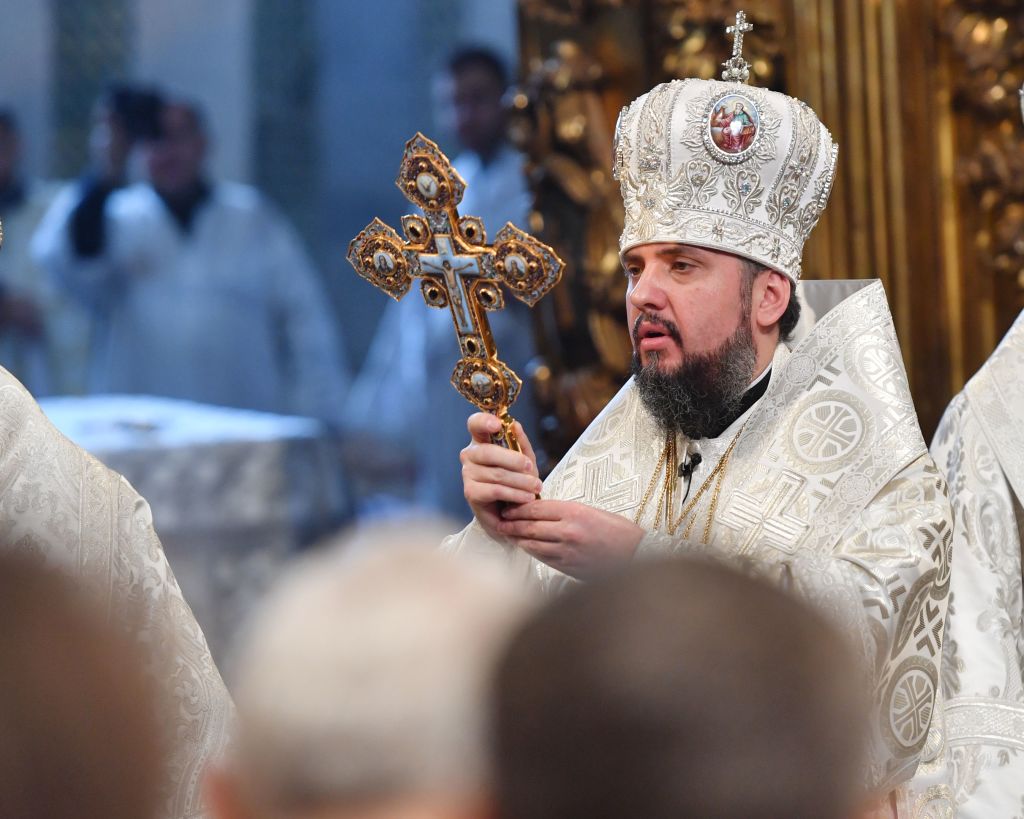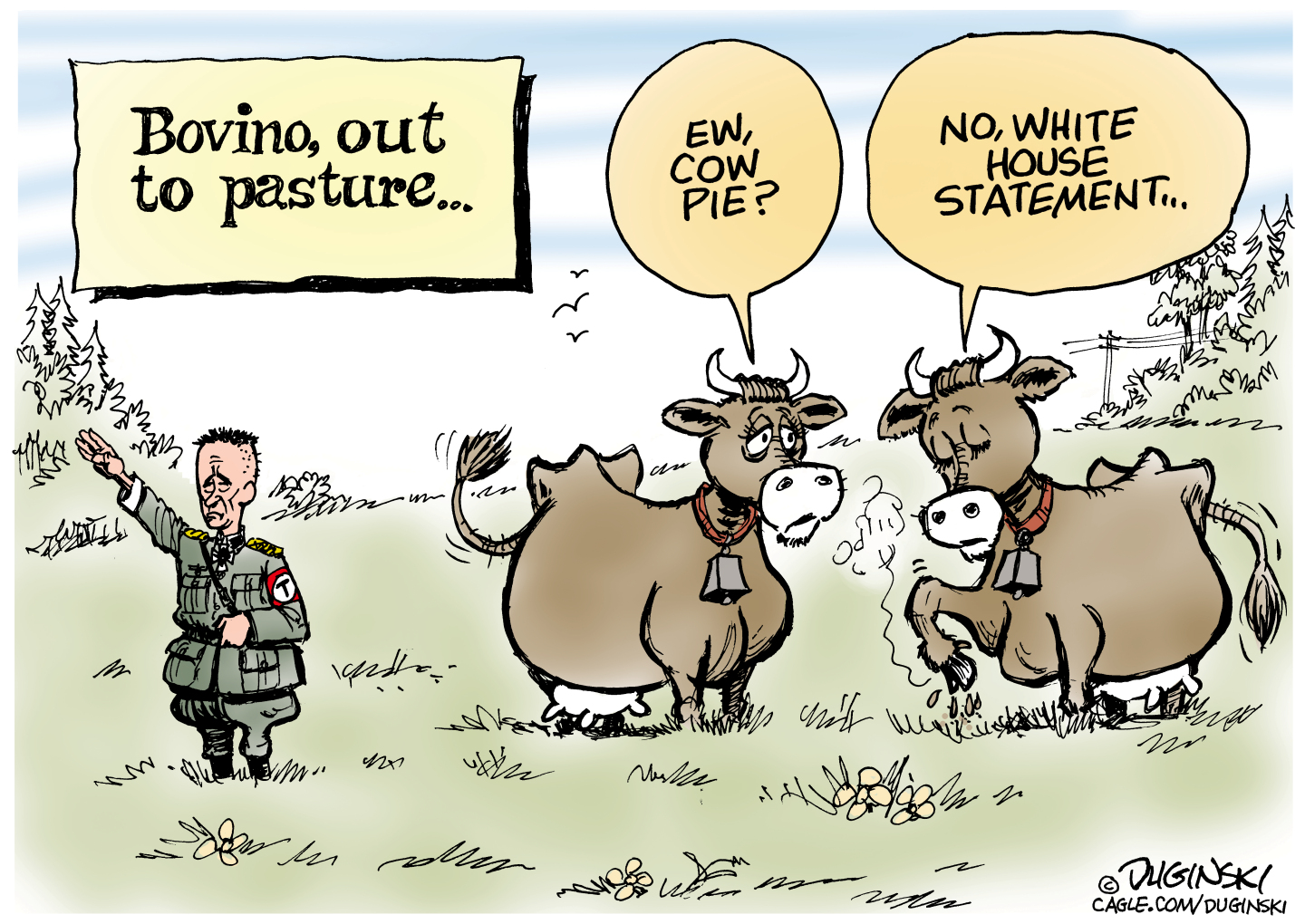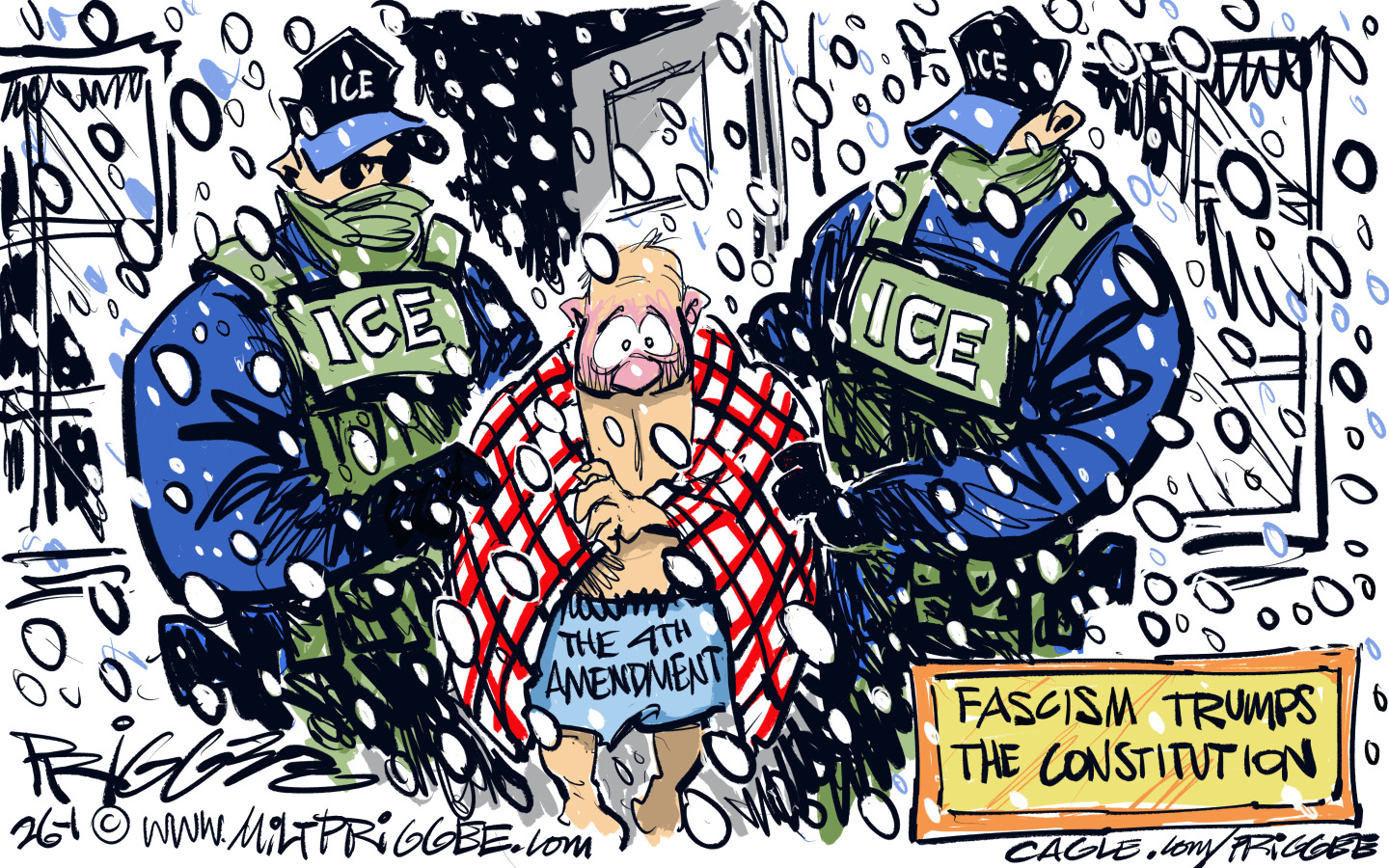Russian threat to Ukraine exposes fault lines in Eastern Orthodoxy


Eastern Orthodox Church leaders are weighing in on tensions between Russia and Ukraine as the two majority-Orthodox countries, divided by geopolitical and religious disputes, prepare for war.
Orthodox Ecumenical Patriarch Bartholomew issued a plea Sunday for the "preservation of peace in Ukraine," Vatican News reported.
Bartholomew, the archbishop of Constantinople, does not have the same power over Orthodox Christians that Pope Francis has over Roman Catholics, but is instead considered first among equals.
The Week
Escape your echo chamber. Get the facts behind the news, plus analysis from multiple perspectives.

Sign up for The Week's Free Newsletters
From our morning news briefing to a weekly Good News Newsletter, get the best of The Week delivered directly to your inbox.
From our morning news briefing to a weekly Good News Newsletter, get the best of The Week delivered directly to your inbox.
After the Soviet Union fell, Ukrainian Orthodoxy split between the Ukrainian Orthodox Church – Moscow Patriarchate (UOC-MP), which remained under the authority of the patriarch of Moscow, and factions that, with Bartholomew's support, sought total independence, creating the Orthodox Church of Ukraine (OCU). The Russian Orthodox Church responded by severing communion with Constantinople. The schism has not yet been resolved.
According to data from 2018, over 67 percent of Ukrainians identify as Orthodox. Of those, 19 percent belonged to the Russian-aligned church, while 44 percent belonged to the bodies that later merged into the OCU. An additional 38 percent identified as "just Orthodox" or said they weren't sure to which faction they belonged.
Meanwhile, Metropolitan Epiphanius, who heads the OCU, took the anti-Russian sentiment even further.
"We have all heard and know about the challenges facing Ukraine in the face of the threat from Russia," he said Sunday. "This threat should not be underestimated, and therefore we, as a nation, must be ready to repel the enemy, if he still dares, violating the laws of God and man, to increase [his] crimes" by engaging in "open war."
A free daily email with the biggest news stories of the day – and the best features from TheWeek.com
The OCU also published a prayer guide that includes prayers for "when the fatherland is in danger" and for "liberation from the invasion of foreigners."
The latter asks God to remind would-be invaders of "Your commandment: Blessed are the peacemakers" and, if they continue in their aggression, to send "angels of fury, who will instill in them fear and the memory of what they call themselves — Christians."
The UOC-MP's website makes no mention of the Russian threat to Ukraine.
Grayson Quay was the weekend editor at TheWeek.com. His writing has also been published in National Review, the Pittsburgh Post-Gazette, Modern Age, The American Conservative, The Spectator World, and other outlets. Grayson earned his M.A. from Georgetown University in 2019.
-
 5 redundant cartoons about Greg Bovino's walking papers
5 redundant cartoons about Greg Bovino's walking papersCartoons Artists take on Bovino versus bovine, a new job description, and more
-
 31 political cartoons for January 2026
31 political cartoons for January 2026Cartoons Editorial cartoonists take on Donald Trump, ICE, the World Economic Forum in Davos, Greenland and more
-
 Political cartoons for January 31
Political cartoons for January 31Cartoons Saturday's political cartoons include congressional spin, Obamacare subsidies, and more
-
 EU and India clinch trade pact amid US tariff war
EU and India clinch trade pact amid US tariff warSpeed Read The agreement will slash tariffs on most goods over the next decade
-
 Israel retrieves final hostage’s body from Gaza
Israel retrieves final hostage’s body from GazaSpeed Read The 24-year-old police officer was killed during the initial Hamas attack
-
 China’s Xi targets top general in growing purge
China’s Xi targets top general in growing purgeSpeed Read Zhang Youxia is being investigated over ‘grave violations’ of the law
-
 Ukraine, US and Russia: do rare trilateral talks mean peace is possible?
Ukraine, US and Russia: do rare trilateral talks mean peace is possible?Rush to meet signals potential agreement but scepticism of Russian motives remain
-
 Panama and Canada are negotiating over a crucial copper mine
Panama and Canada are negotiating over a crucial copper mineIn the Spotlight Panama is set to make a final decision on the mine this summer
-
 How oil tankers have been weaponised
How oil tankers have been weaponisedThe Explainer The seizure of a Russian tanker in the Atlantic last week has drawn attention to the country’s clandestine shipping network
-
 The rise of the spymaster: a ‘tectonic shift’ in Ukraine’s politics
The rise of the spymaster: a ‘tectonic shift’ in Ukraine’s politicsIn the Spotlight President Zelenskyy’s new chief of staff, former head of military intelligence Kyrylo Budanov, is widely viewed as a potential successor
-
 Why Greenland’s natural resources are nearly impossible to mine
Why Greenland’s natural resources are nearly impossible to mineThe Explainer The country’s natural landscape makes the task extremely difficult
